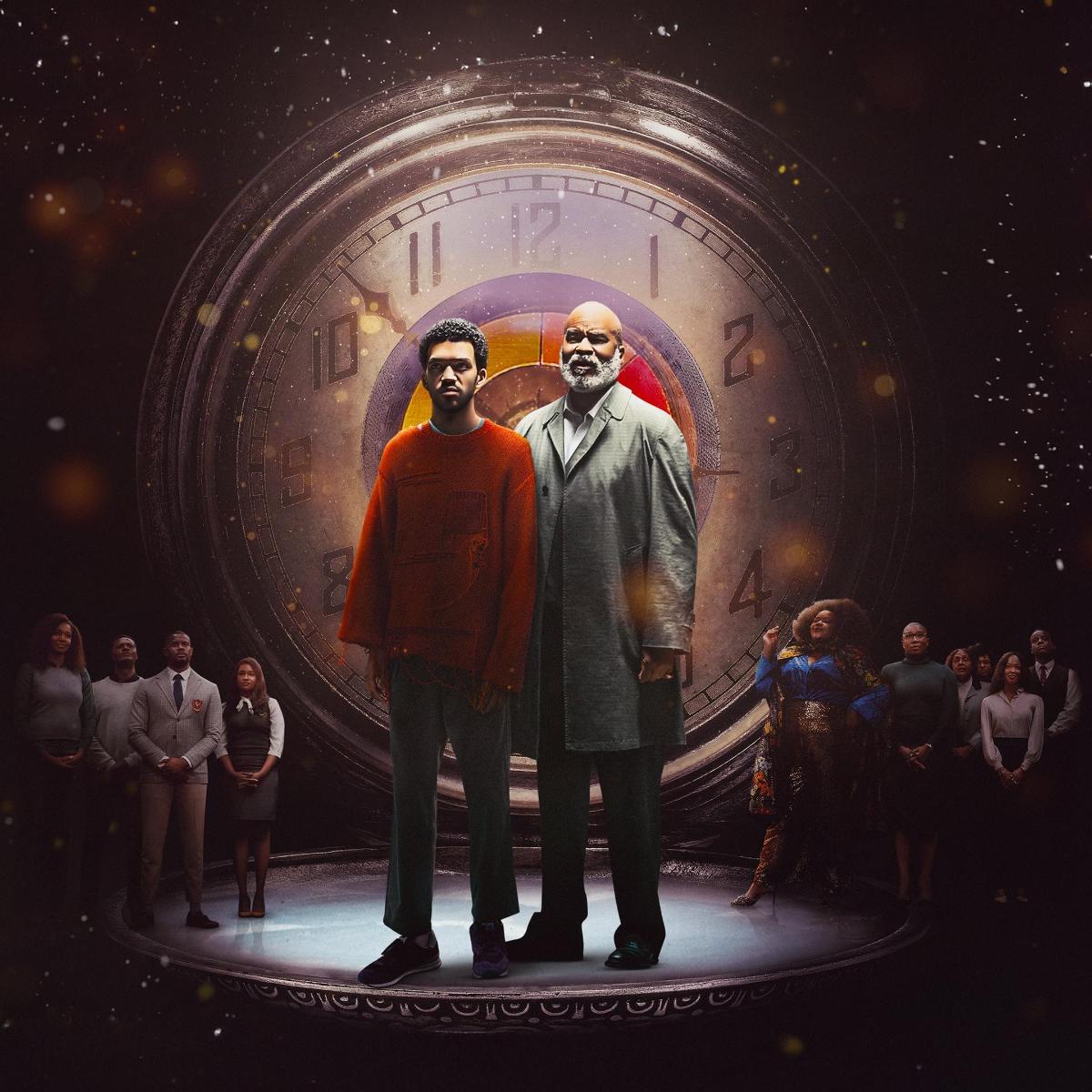A24’s The Mandalorian.
Folk tales tend to survive because they adapt, shedding out-of-date trappings while keeping the bones of the story intact. The Legend of Ochi takes that instinct and dresses it in A24’s handcrafted finery, where the moss grows thicker, the shadows hold their shape, and the creatures breathe with a weight that no render farm could match. It’s the sort of fantasy that trusts you to remember how to look at the world sideways, even if you’ve spent years staring at screens straight on.
Isaiah Saxon’s feature debut is steeped in the rhythms and moral currents of European folklore, the kind that carried their lessons in the weight of the woods, the hush of the village at dusk, and the strange bargains struck between mortals and the unseen, never needing a moral spelled out because it ran through the entire tale like a tangle of brambles in a hedgerow. Here, the wide, damp landscapes don’t just frame the journey; they feel like the only parent raising young Yuri (Helena Zengel) with any kind of care. Yuri is a farm girl brought up to fear the Ochi, creatures glimpsed only in moonlight and spoken of only in dark whispers and darker inference. But when Yuri crosses paths with a lost and injured Ochi infant, she does what all the best fairy tale protagonists do: makes a decision that is at once impulsive, inevitable, and utterly life-altering.
Saxon’s background in music videos shows in the film’s confidence with image and rhythm, but not in the shallow, stitched-together way that can plague directors making the jump to features. There’s patience in the way the camera sits with Zengel as she interacts with the baby Ochi whose ear twitches and uncertain steps are given the same narrative weight as any human character. Operated by a seven-person-operated puppeteer team, the production’s refusal to retreat to CGI safety nets turns the creature into a genuine scene partner rather than a prop, and Zengel responds with the kind of unforced warmth that keeps the magic from tipping into twee. It recalls the easy authenticity of Mark Hammil’s interactions with puppet Yoda in The Empire Strikes Back, and offers a stark contrast to Jake Lloyd and Ewan McGregor’s awkward make-believe conversations with CGI “Yoda” in The Phantom Menace.
Willem Dafoe’s presence, as you’d expect, is the film’s bass note, his character’s hostility toward the Ochi giving shape to a worldview that sees the creatures as a threat to be exterminated. Backed by a cadre of impressionable young hunters, his Maxim becomes a quiet study in how fear and anger calcifies into tradition and prejudice. Opposite him, his estranged wife Dasha (Emily Watson), the absentee matriarch, offers a different perspective: a measure of respect for the Ochi, treating them as beings to be respected but left alone and there’s poetry in their daughter, torn by the pull of these two contradictory legacies, that yearns for a deeper truth. The rest of the cast stay on the periphery, although Finn Wolfhard’s slightly underdeveloped role at least gets to make a contribution to the film’s gentle resolution.
David Longstreth’s score, all low strings, woodwinds, and the occasional burst of choral wonder, seems to grow from the same soil as the landscapes, weaving in and around the Ochi’s chirruping ululations, giving the film its own aural folklore, making the dreamy fictional Black Sea island of Carpathia feel tantalisingly reachable.
The closest cinematic cousins here aren’t other A24 offerings so much as E.T. – The Extra Terrestrial, John Sayles’ quietly magical The Secret of Roan Inish, and Lucasfilm’s The Mandalorian but The Legend of Ochi feels more directly descended from those stop-motion Eastern European shorts of the 60s, 70s and 80s that smuggled subversion and hope under the guise of animation and whimsy. In a fantasy market awash with excess, The Legend of Ochi feels like the work of a filmmaker who knows the value of leaving space for the audience to think, to breathe and, perhaps, to embrace the wonder.










